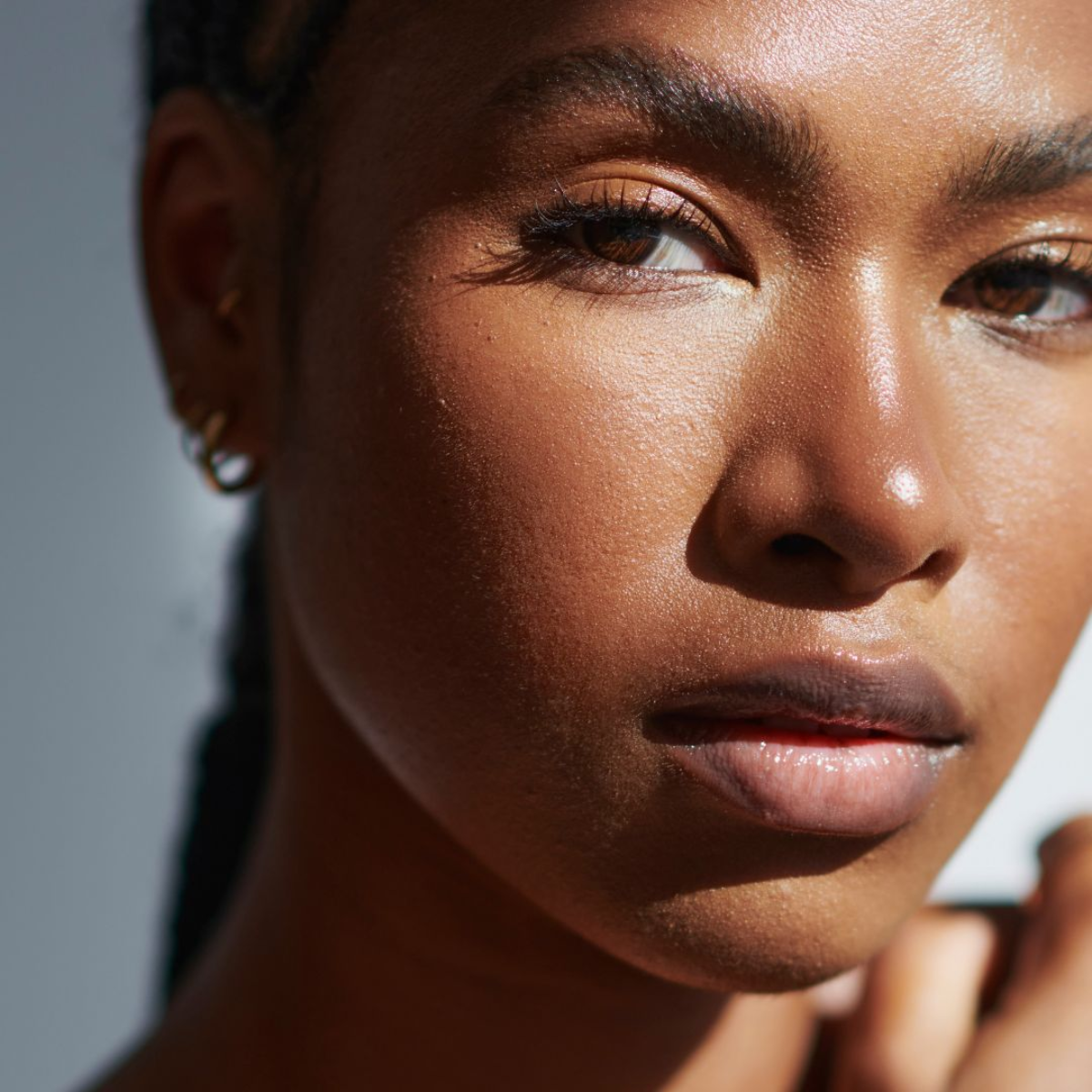A complete guide to dealing with mosquito bites
Because getting bitten, sucks


Because getting bitten sucks...
Last night was fun. Your final memory was sipping on a glass rosé, listening to a live band, enjoying the heat. Little did you know that at the time a bloody mosquito was sipping on you!
For a lot of people, mosquito bites are a downside to holidays abroad, but for approximately 10-20% of us, they are a daily struggle as soon as the sun starts shining. Whether you're trekking through Sri Lanka or lounging about in London, those mosquitoes will find us and plant a big old bite on the most obvious body part they can find.
While genetics are thought to count for up to 85% of our susceptibility to insect bites, scientists have a number of ideas as to why some of us are more prone to being ravaged by mosquitoes than others.
A lot of us secrete saccharides or sugars through our skin dependant on our blood type and mosquitoes are able to sense this. In fact, studies as early as 1972, suggest that mosquitoes seem to prefer those with Type O blood and land on skin with Type O blood nearly twice as often as those with Type A - while people with Type B blood fall somewhere in between this range. Pregnant women are more susceptible to bites too because they have a higher resting body temperature.

So, how can we avoid these pests and what can we do to minimise discomfort if you're bitten? We've got the answers...
How to avoid getting mosquito bites
1. Mosquitoes are drawn to dark clothing (yes, really), so if you want to avoid getting bitten, wear lighter colours after dark.
Marie Claire Newsletter
Celebrity news, beauty, fashion advice, and fascinating features, delivered straight to your inbox!
2. Wear mosquito repellent. Diethyltouamide (DEET) is probably the most effective chemical repellent available and has a good safety record. Research has also shown that a repellent containing approximately 20% of it will protect the wearer for about five hours. Plus, there are weaker formulas of 10% or less that are safe to use on infants from 2 months old.
3. Rub natural plant-based repellents on your skin and fill the air with them. We recommend citronella, lemon eucalyptus and neem.
4. Blow them away. Almost any breeze—anything above 1 MPH—makes it very difficult for mosquitoes to fly, so get a fan pronto.
5. Carbon dioxide is what mosquitoes search for, which is increased by anything that gets your heart rate up, like drinking alcohol, eating spicy foods, dancing, so try to take a breather.

How to stop mosquito bites from itching
1. Take an antihistamine to relieve the itch and swelling. They're not just hay fever remedies, they also work a treat a reducing bite inflammation.
2. Apply a mild steroid cream like hydrocortisone 0.5 - 2.5% twice daily for a few days to reduce inflammation.
3. Rub on calamine lotion to the affected areas for immediate relief.
4. Cool your skin with a cold compress to reduce inflammation.
5. Don't scratch. It's important to avoid scratching the skin as this increases vulnerability to developing infection at the site of the bite.
-
 Selena Gomez has re-entered the conversation about her 'Emilia Pérez' criticism
Selena Gomez has re-entered the conversation about her 'Emilia Pérez' criticismBy Jenny Proudfoot
-
 I'd never run a marathon before - six years on, I'm one of the UK's fastest female marathoners. Here's how I train every week
I'd never run a marathon before - six years on, I'm one of the UK's fastest female marathoners. Here's how I train every weekSerious inspo, served.
By Ally Head
-
 There’s a big difference between sensitive and *sensitised* skin—here are four derms on the key distinctions
There’s a big difference between sensitive and *sensitised* skin—here are four derms on the key distinctionsPlus, ways to approach both
By Denise Primbet